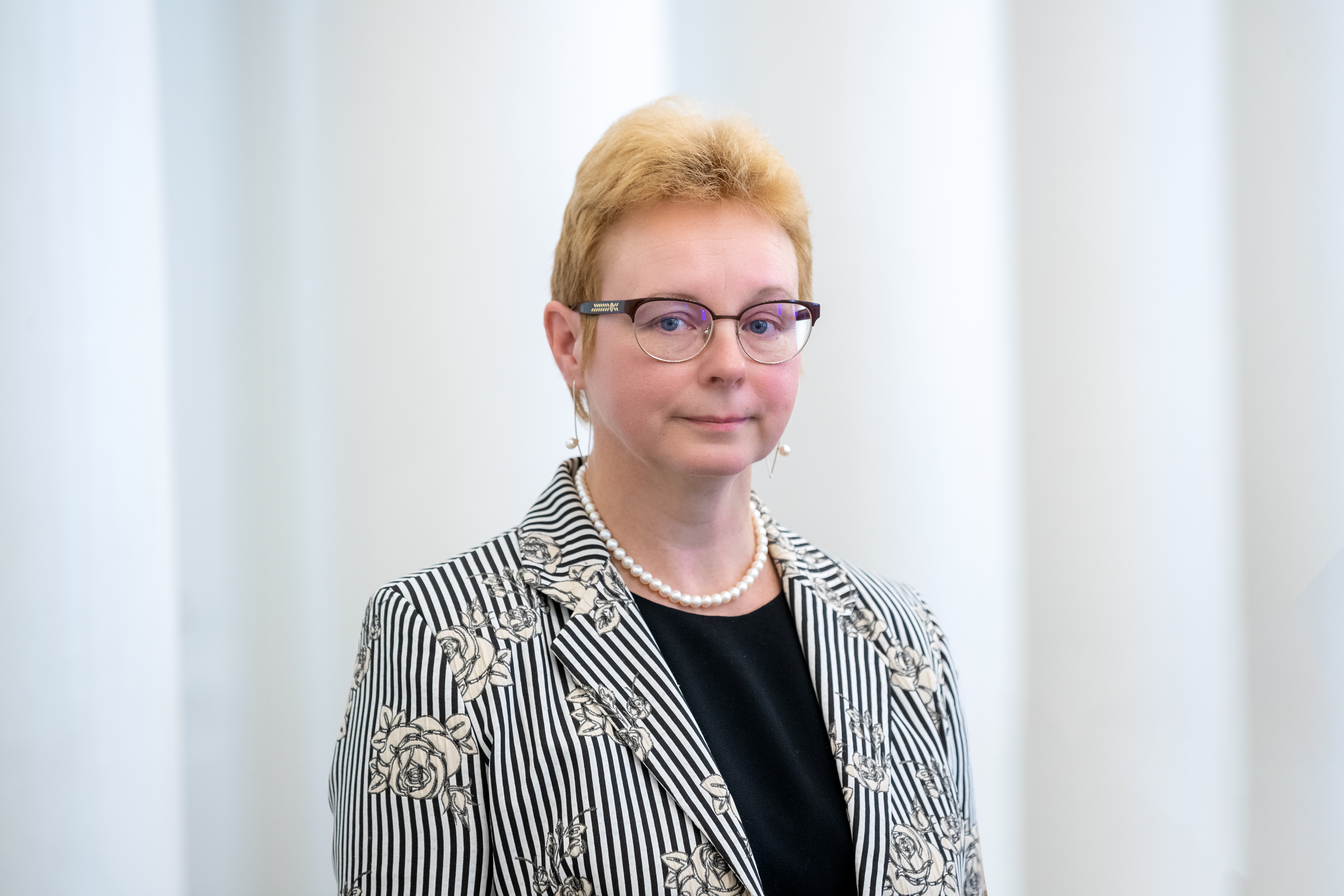The corona virus pandemic has probably changed the way we look at “children in the digital world”. Has this change been reflected in experts’ priorities when thinking about the burning hot topics in this field of inquiry and policy-making? In our second online survey (see the results of the first one in this post), we asked a wide range of people – including you, dear readers – what they consider the most relevant and/or emergent topics around children and youth in the digital world. Based on 76 responses (thank you so much!), we created our second cloud of keywords (below).

Second word cloud collated in March 2021.
If you squint hard, you can see some new keywords in the updated cloud. For instance, “Covid-19” has made its way to our mind maps, and so have “fake”, “disinformation”, “dangerous”, “effect”, “TikTok”, and many more that can form exciting combinations with the more dominant ones.
Recurring key topics
Indeed, many of the prominent clusters of keywords – forming our list of key topics – have remained pretty much the same. Literacy, skills and learning are still perceived as keywords of utmost importance. Based on the first survey, we moved fast and invited you to read Jussi Okkonen’s short report about making the best use of the “magical” digital learning environments. A forthcoming report will explore how to open digital learning potential in achieving both cognitive and non-cognitive learning outcomes.
People who named online safety and privacy as important keywords, combined with those who pointed out aspects of usage and practices, will be happy to look into Sonia Livingstone and Mariya Stoilova’s new typology of online risks, helping us to understand the “dark side” of the usage. In the next report, Andra Siibak and Giovanna Mascheroni will unpack the complexity of online privacy, setting the focus on the increasing datafication of childhood. The fifth short report will focus on children’s well-being in the digital world.
And there is more, as they say in infomercials! In the second round of consultations, you emphasised the importance of opportunities and positive, creative aspects of digital worlds and interesting cases “from the field”. We will set off by publishing a blog post on how a teacher created a board game about digital literacies, interwoven with examples of current content-related issues.
📢 Call for short reports and blog posts!
But even more importantly, we would be happy to hear about your experiences and best practices, dear readers. Scholars and practitioners, come and contribute to our common knowledge base! Volunteering to write a blog post (about 500 words) or a short report (3,000 words) is a great way to share your expertise about the research you’ve been involved in, or inspire the audience by contributing with your reflexive insights to the best practices toolkit.
We would especially appreciate overviews and blog posts on the topics that have emerged as most pressing and relevant both to the CO:RE community members and beyond. Once again we direct you to squint at the word cloud and see if something – or a combination of keywords – calls out to you. Skills+fake? TikTok+parenting? Covid-19+games?
Please send the preliminary title of your contribution with a short motivation statement latest by 26 April 2021 to:

veronika.kalmus [at] ut.ee
We will come back to you with more details in response to your submission!
-
Header image by Kalle Paalits (University of Tartu Press).





